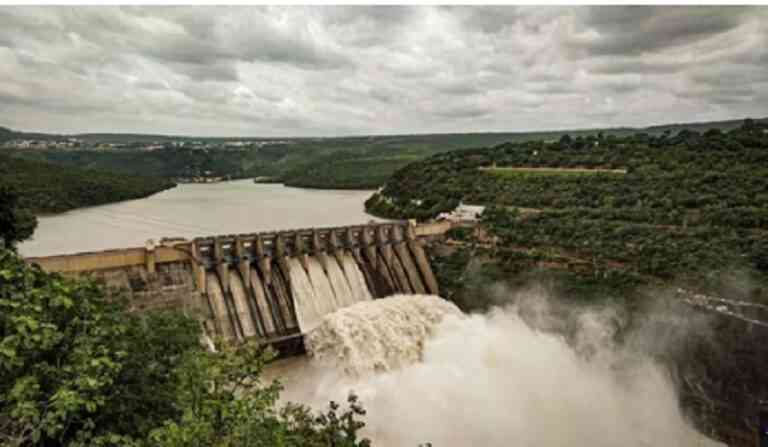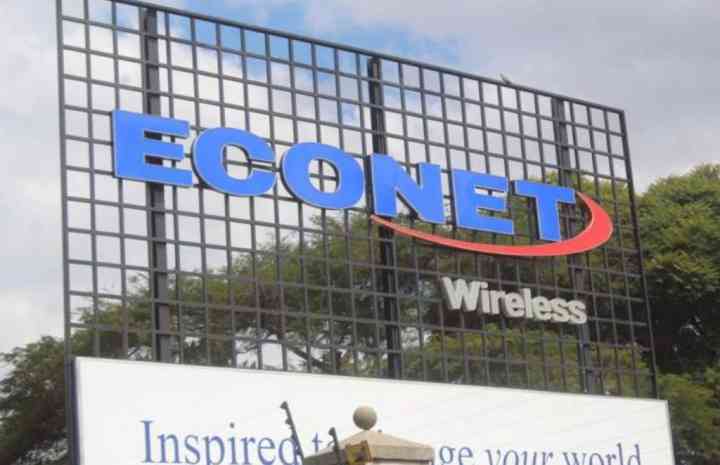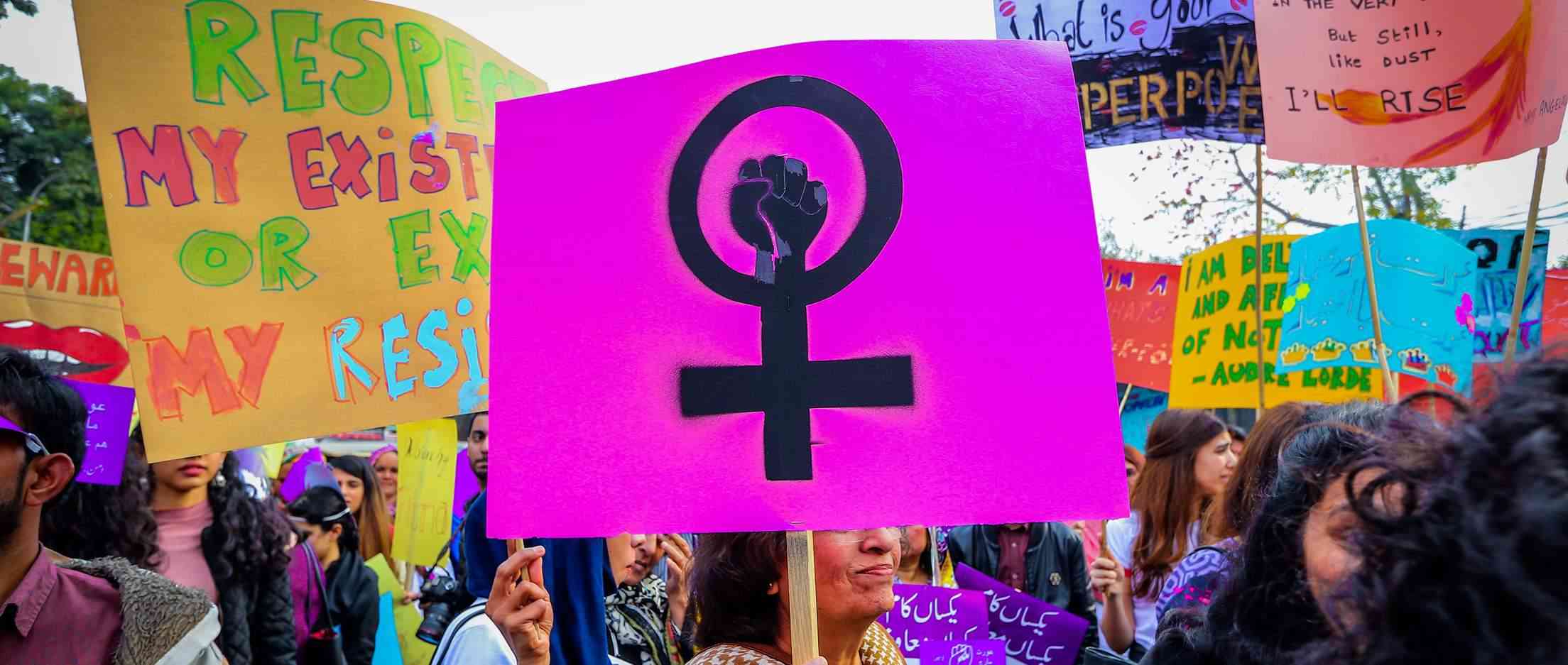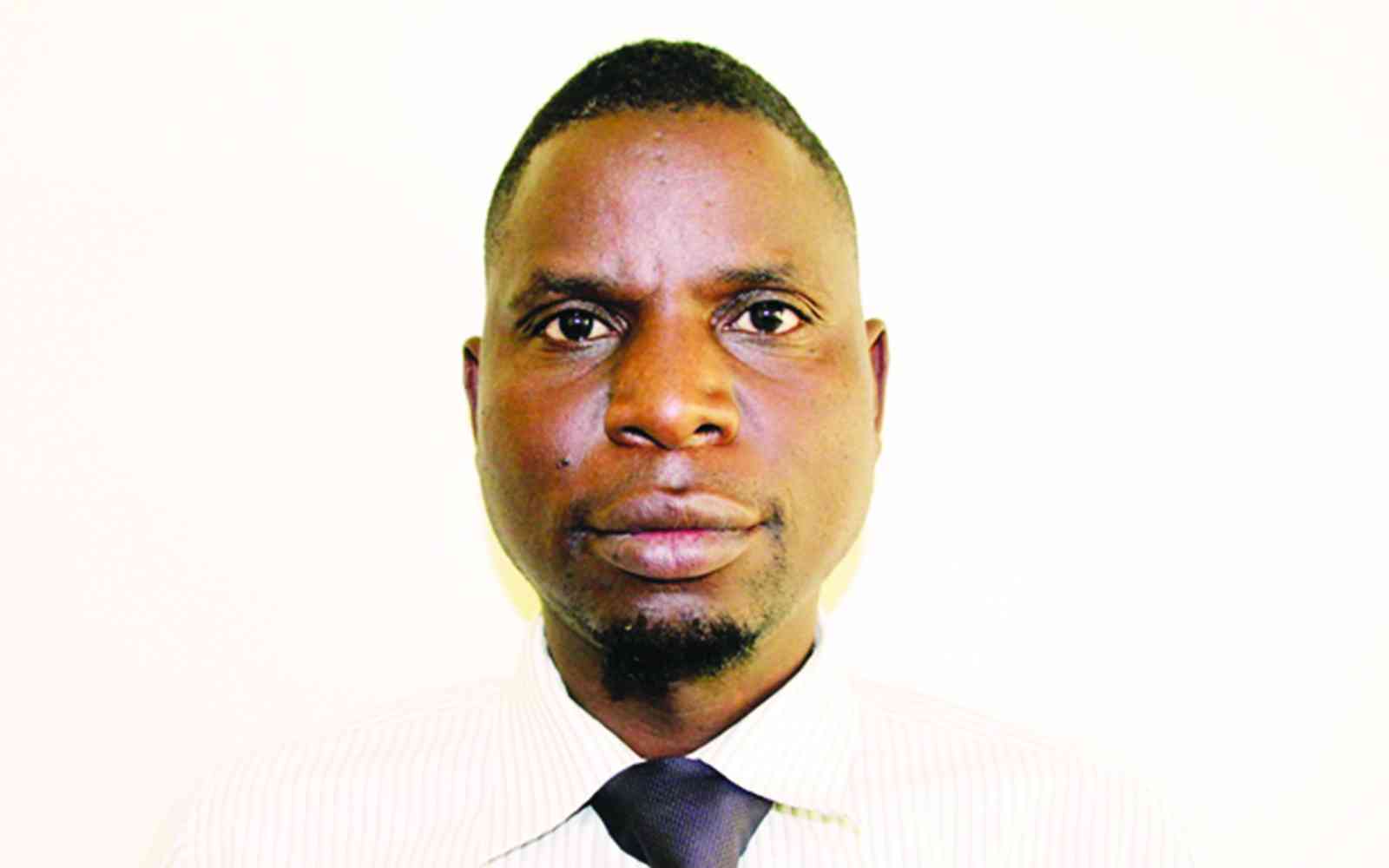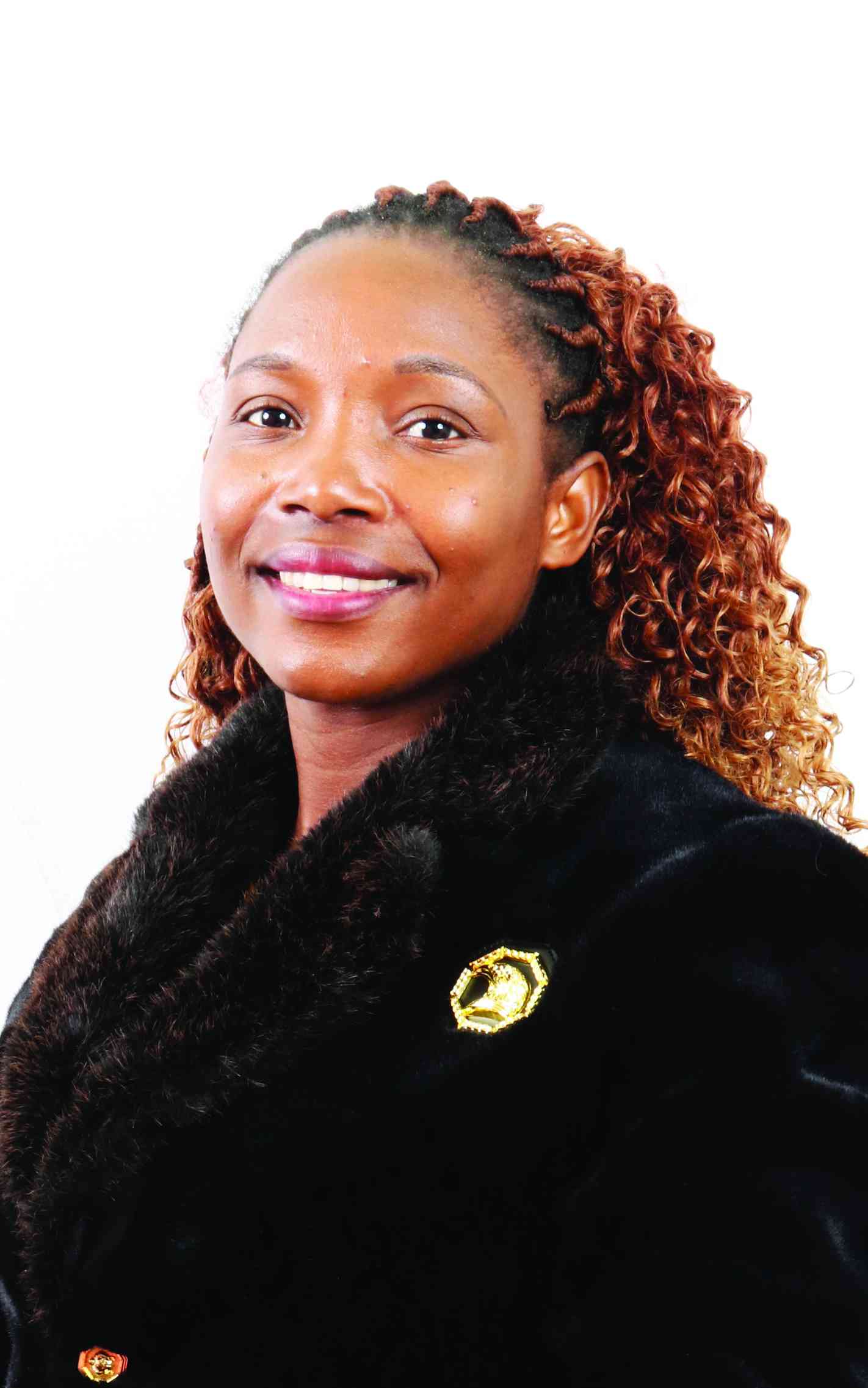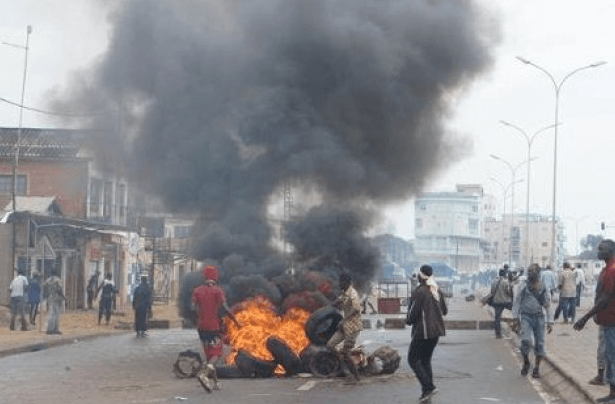
THE ongoing conflict in Togo about the introduction of presidential term limits is one of the most important battle grounds between the ruling party Union pour la République and the opposition. And it’s far from resolved.
By Anja Osel
The outcome of the crisis will have a decisive impact on the fate of the West African country of 7.6 million citizens that’s bordered by Ghana to the west, Benin to the east and Burkina Faso to the north.
The struggle for presidential term limits is not just an issue of electoral reform. It’s also about the distribution of power in Togo.
The country’s political landscape has been dominated by the Gnassingbé family for nearly half a century. President Faure Gnassingbé is the son of Gnassingbé Eyadema, who ruled from 1967 until his death in 2005. The opposition has been fighting a twofold struggle: for an electoral turnover and, at the same time, for constitutional reform that guarantees a more even electoral playing field. Term limits are an important pillar of constitutional reform.
In many African countries, term limits have been introduced to curtail the concentration of power in the hands of lifetime rulers. This has been effective in a number of countries, such as Nigeria. But in others, like Uganda and Burundi, acting presidents have tried to reverse the process of electoral reform, abolished term limits, and stood for another election.
Constitutions that provide the legal framework for political conduct are not enough. Real power structures, including an informal circle of elites with strong ties to the president and his family, determine the degree to which the law is respected and implemented. This is what’s playing out in Togo now.
The north-south divide
- Chamisa under fire over US$120K donation
- Mavhunga puts DeMbare into Chibuku quarterfinals
- Pension funds bet on Cabora Bassa oilfields
- Councils defy govt fire tender directive
Keep Reading
To understand what’s at stake in Togo’s crisis, it’s necessary to look into the country’s history of political conflict.
The first president, Sylvanus Olympio, ruled from 1960 to 1963 after independence from France. He was assassinated during a military coup led by Northern officers. Olympio’s government was backed by ethnic groups in the south of Togo, while the military was dominated by Northerners, especially whose from the president’s Kabyé ethnic group. The north-south cleavage has since remained an important feature of the country’s political geography ever since.
The succeeding government of Nicolas Grunitzky (1963 to 1967) was weak and unable to solve the country’s problems. This led to a second military takeover, which brought Gnassingbé Eyadema to power.
Eyadema established a personalised style of rule which placed a lot of power in the hands of a small ruling elite closely connected to him. No political parties were allowed except the Rassemblement du Peuple Togolais, and human rights violations were widespread. The president’s power was secured by the military and was largely unconstrained by formal rules.
In the 1990s, the struggle to free the political system led to a series of violent confrontations between the regime and the mostly southern-based opposition. The opposition demanded the legalisation of opposition parties, freedom of speech and assembly, as well as fair and free elections. Multiparty elections had been abandoned after the 1967 military coup.
The regime accepted a few changes, including the re-introduction of multiparty elections. But it did not concede any real power.
Change – but not enough
Over the past two decades the political system became more open. But the electoral process remained an uneven playing field with electoral laws and conditions stacked against the opposition.
The Union pour la République has superior financial resources, better access to the media, and has still been able to count on the military. The decisive power of the military became visible in 2005 when Eyadema died: after a brief constitutional crisis, the armed forces installed his son Faure Gnassingbé as the new president.
The international community condemned the unconstitutional change of government, and opposition protests broke out. Faure stepped down, but legitimised his power with an electoral victory in the same year. He also emerged as the winner of the 2010 and 2015 elections.
This outcome is hard to explain, even given that there were accusations of fraud and electoral malpractice at each poll. But a number of other factors were at play, including the fact that the opposition camp has never been able to overcome its fragmentation, and attempts at forming an effective united platform for political change have repeatedly failed.
The struggle for term limits could provide the battle ground that unites the opposition – at least for the moment.
Term limits a sensitive issue
There have been some shifts.
The ruling party has been renamed to create the impression of a reformed regime. In addition, a unity accord was signed with the Union des Forces de Changement, the oldest opposition party which is run by Sylvanus Olympio’s son Gilchrist. And Faure, whose mother comes from the south of Togo, is seeking more regional balance in his ruling coalition than his father did.
Nevertheless, a good deal of influence remains in the hands of old elites who control strategic positions in the state, administration, and security sector.
But unlike his father Faure can’t afford to completely ignore public opinion. According to the Afrobarometer Survey, a public opinion poll in Africa, the Togolese are unhappy with their economic and social conditions. And 85% support presidential term limits.
Togo’s situation illustrates the difficulty of moving away from personalised politics and introducing more checks and constraints on the executive. Constitutional reform, and especially term limits, can be one of the keys to push this agenda forward.
Anja Osei is senior research fellow at the University of Konstanz

